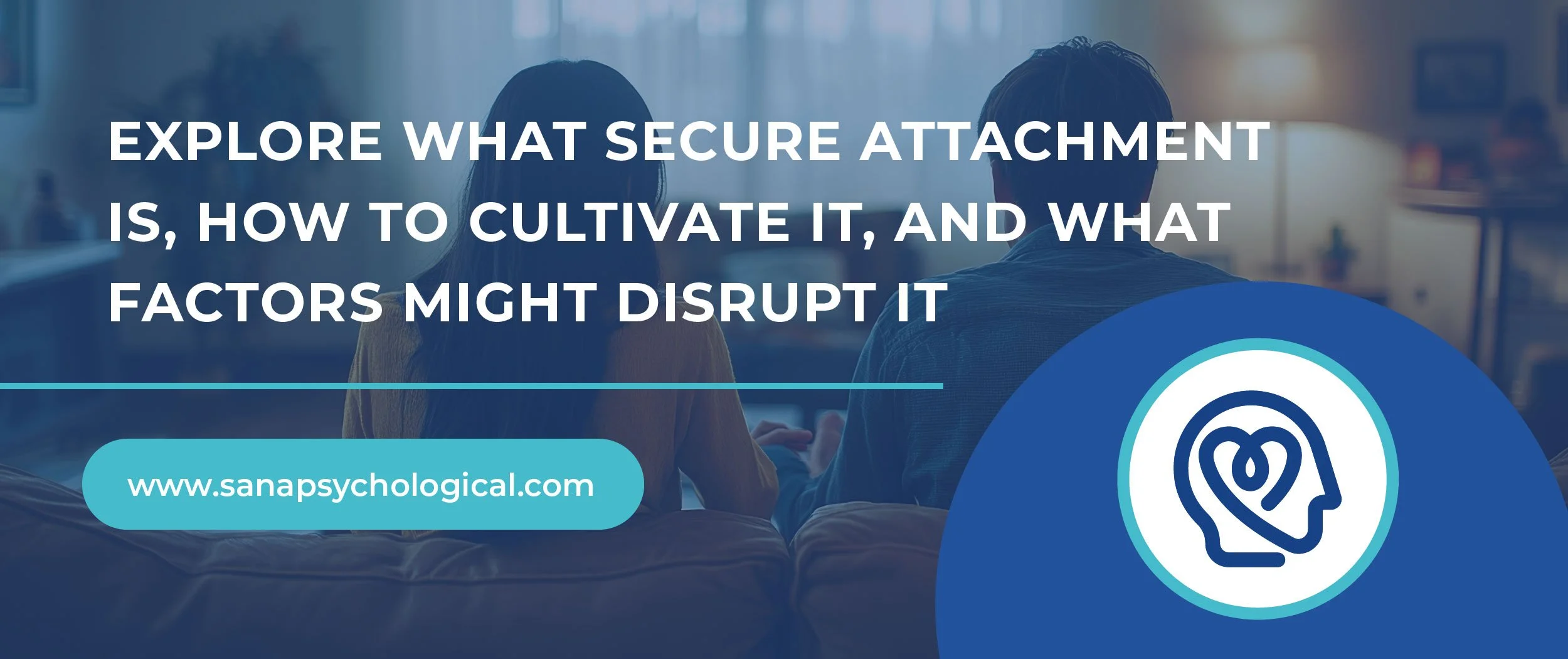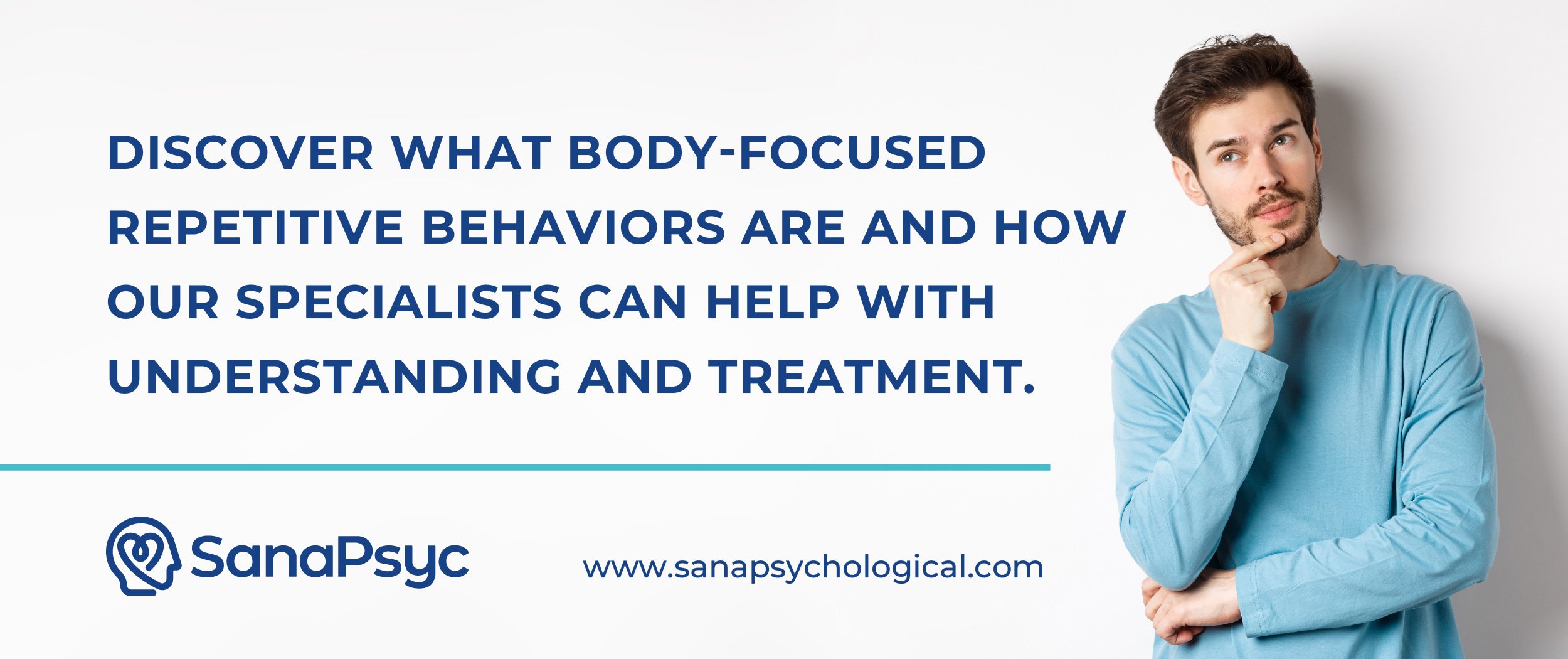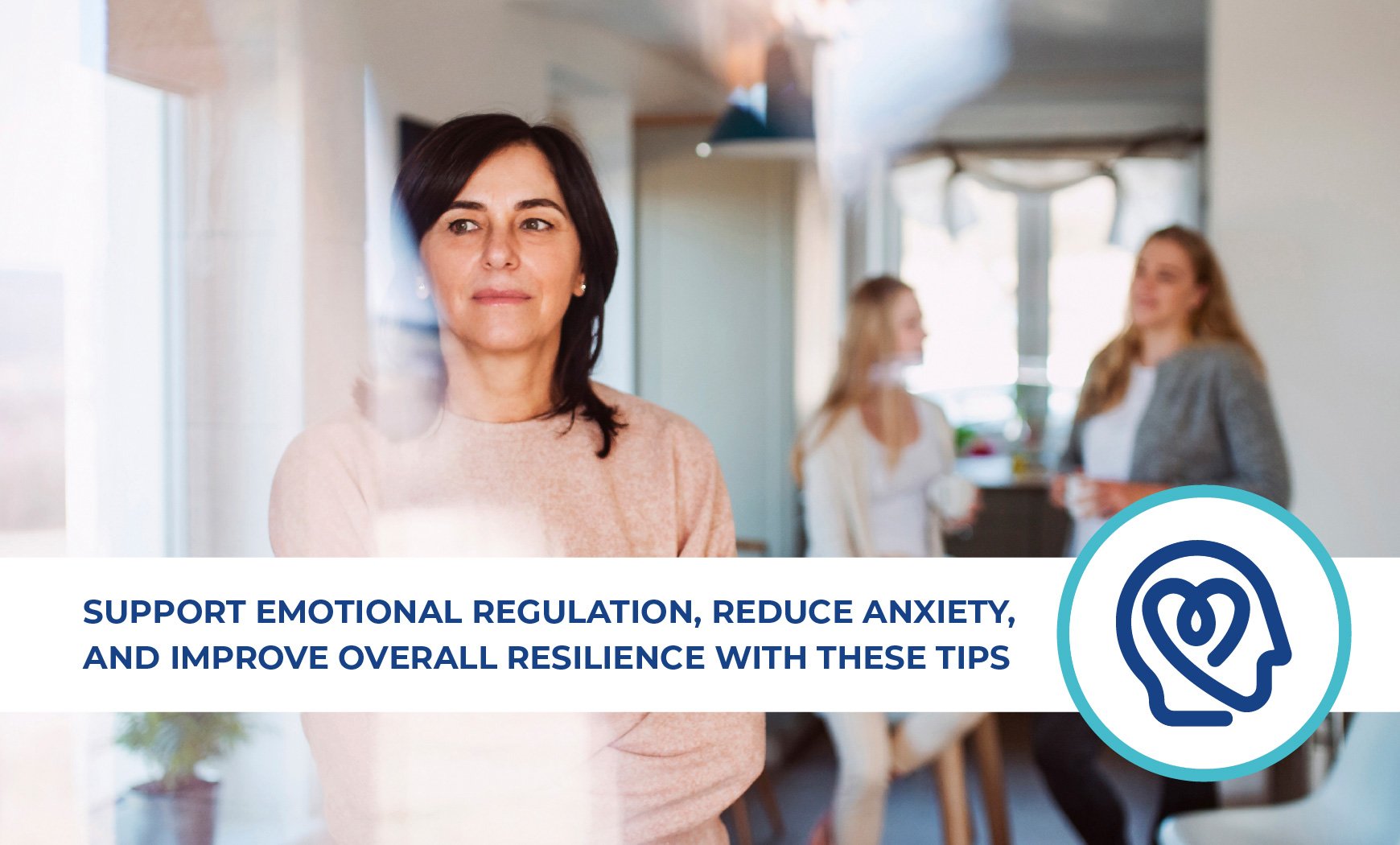What is Trauma Counselling Calgary?
Trauma counselling in Calgary is here to help individuals who feel stuck due to past events that interfere with their lives today.
Whether you're struggling with anxiety, nightmares, flashbacks, phobias, dissociation, or other intrusive experiences, our team at Sana Psychological is ready to support you on your journey to healing.
The saying "trauma is in the eye of the beholder" highlights how personal and unique the impact of trauma can be. What affects one person deeply might not affect another the same way. Trauma counselling addresses diverse experiences, whether stemming from accidents, abuse, neglect, or significant life events.
Trauma can also arise from indirect exposure, such as learning about impactful events affecting loved ones or through professional roles like first responders who face life-threatening situations regularly. No matter your story, you don’t have to carry the weight of your past alone.
Trauma counselling is a pathway to understanding, healing, and regaining control over your life.
When Should You Consider Trauma Counselling in Calgary?
It’s not always easy to recognize when trauma counselling might be the right step.
The bottom line is that if you are being impacted by an accident, event, series of experiences, or neglect that you experienced more than six months ago, that a loved one has experienced, and/or you are a first responder or in a position of repeated exposure to extreme circumstances and this is interfering with your daily life, health and/or functioning, you would likely benefit from trauma counselling Calgary.
As an informal self-check, we’ve developed this quiz for you to get a rough sense of whether or not you are in need of trauma counselling. Please be aware that this self-check is not a replacement for professional assessment or diagnosis.
Why You Could Benefit From Trauma Counselling in Calgary: For Individuals
If you have experienced something in your life that has left a lasting impact and interferes in your daily functioning, you would likely benefit from trauma counselling. This can include situations like an accident or abuse, threat of death and personal safety, witnessing an event, hearing about an impactful event from a loved one, as well as the absence of necessary things like in the case of neglect.
Trauma counselling Calgary utilizes evidence-based methods that help reprogram and rewire cognitive circuitry to support your brain thinking, feeling, and behaving differently. This therapy can help reduce the amount of energy going into the past and traumatic event(s) and free up resources to allow you to live and take care of yourself in the present.
Trauma counselling Calgary methods at Sana Psychological can include Eye Movement Desensitization Reprocessing (EMDR), Accelerated Resolution Therapy (ART), Internal Family Systems (IFS) and Cognitive Behavioral Therapy (CBT).
You do not have to decide ahead of time which technique(s) would be most helpful for you, but if you have an idea of the methods you are most interested in, this can be part of your therapist selection process.
If you have no idea, that’s totally okay. We recommend that you select a therapist who works with trauma and that you feel comfortable working with as a starting point. Together you will collaborate to determine which method(s) would be most suitable for your unique situation. Our therapists use a hybrid approach in all of their sessions, recognizing that people are not a ‘one size fits all’ package and require different tools to meet their needs.
Why You Could Benefit From Trauma Counselling in Calgary: For Loved Ones and Family Members
If someone you love is struggling with trauma, it’s natural to feel helpless, frustrated, or overwhelmed. Trauma counselling can also help family members and support people understand their role in the healing process. We focus on:
Emotional intelligence skills: Learn to navigate challenging emotions with empathy.
Communication and boundaries: Build stronger, healthier connections.
Self-care strategies: Discover how to care for yourself without guilt while supporting your loved one.
Support isn’t just about being there for someone else; it’s also about ensuring you’re equipped to maintain your own emotional and mental well-being. Start with our FREE Emotional Intelligence e-book, filled with tools to strengthen your relationships.
Why Choose Trauma Counselling Calgary?
Eye Movement Desensitization Reprocessing (EMDR): A guided technique to reprocess traumatic memories and lessen their emotional intensity.
Accelerated Resolution Therapy (ART): Designed to bring fast relief by reprocessing negative images and feelings.
Internal Family Systems (IFS): Focuses on understanding and harmonizing internal emotional conflicts.
Cognitive Behavioral Therapy (CBT): Reframes unhelpful thought patterns and behaviours.
You don’t need to know which approach is best for you—our experienced therapists will guide you through the process, tailoring each session to your unique situation.
What Our Trauma Counselling in Calgary Looks Like for You
With trauma counselling Calgary, our mission is to reduce the impact of the past on your present and help you feel empowered to navigate daily life, emotions and stress.
You can expect the trauma counselling process to be gentle, comfortable, and safe. We do not abide by the thinking of ‘It has to get uncomfortable before it can get comfortable.’ We understand that you are already sitting in a lot of pain and want your therapy sessions to be a comfortable, even enjoyable, experience.
The first few sessions will involve an exploration of who you are, the challenges you are here to address, past counselling experiences (if any), and identification of goals. Your therapist will bring in their own personality and style to each session, which can include different therapeutic techniques, grounding exercises, structure vs. flexibility, and humour as appropriate. What we can ensure is that your therapist has your best interests in mind, that your safety and health is their #1 priority, and that they will do anything they can to offer tools, strategies, and support to promote change in your life.
For any specific trauma counselling modalities that will be used, such as EMDR or ART, these will be thoroughly explained by the trauma counselling therapist ahead of time, you may be asked to review and sign an additional consent form, and you will always have the opportunity to ask questions to ensure your comfort and safety. With any type of therapy, you always have the freedom to stop or switch focus at anytime if you are not finding value in the experience.
-
Improved Emotional Regulation
Learn tools to manage anxiety, anger, or overwhelming sadness so you can respond to life more calmly.Better Relationships
Work through trust issues, communication challenges, and other barriers caused by trauma to build deeper connections.Enhanced Self-Esteem
Trauma can damage how you see yourself. Therapy helps you rebuild confidence and self-worth.Freedom from Triggers
Reduce the impact of specific sounds, images, or situations that previously caused distress.Living in the Present
Shift your focus from reliving the past to fully engaging with the here and now.
Meet Your SanaPsyc Trauma Counselling Experts
Frequently Asked Questions
-
Our trauma counselling Calgary therapists use an eclectic combination of therapies to help with trauma as they have found that this allows us to tailor our approach to the individual rather than come from a ‘one-size-fits-all’ perspective. The therapies that our trauma counselling therapists use include EMDR, Accelerated Resolution Therapy (ART), Internal Family Systems (IFS), Cognitive-Behavior Therapy (CBT), and Mindfulness. These therapies are used along with others to help improve coping, reduce the stress of the trauma, and empower healing.
-
Hopefully not, but sometimes it can. Pursuing trauma counselling can feel scary because you are here to deal with something that was scary in your life. Trauma counselling is meant to be a gentle and safe way to reprocess memories, thoughts and feelings. In the act of doing so, uncomfortable feelings may come up for you but this is not a prerequisite or a necessary part of the process. We encourage you to share your level of discomfort, both in and out of trauma counselling sessions, with your therapist. Focusing more on self-care and emotional regulation may be important in order to keep things stable as you navigate trauma counselling.
-
This depends on the extent of the trauma being addressed, what else surfaces in trauma counselling, and the trauma counselling approach chosen. Certain trauma counselling therapies like EMDR are designed to evolve over 8-20 sessions (this number varies depending on the person and situation). Other trauma counselling therapies like Accelerated Resolution Therapy are designed to be shorter-term interventions with some benefit found after 1-5 sessions. Often when people are coming for trauma counselling Calgary, they build a close relationship with their therapist and explore other aspects of life too, which then might transition into ongoing follow-up counselling. Therefore, trauma counselling can be shorter-term or longer-term in nature, with the choice being yours and also based on how you are feeling and where your healing is at.
-
Yes. Some people find that they are able to find acceptance, peace and freedom from situations and events without trauma counselling. Others find that they struggle to access this place and feel weighed down and impacted by situations and events. If you are the latter, then it might be worth considering trauma counselling for yourself as this might help you improve your functioning and quality of life. You may want to take our self-check quiz, ‘Do I need trauma counselling?’ to help you determine if trauma counselling is right for you.
-
The first few sessions of trauma counselling can always be done online as these sessions will be the getting-to-know-you, introductory sessions. Trauma specific therapies like Accelerated Resolution Therapy are not recommended to be done virtually, but EMDR can be. Your therapist will discuss the recommended treatments, their training, and what is available with you to determine the path forward. Most therapies can now be effectively offered online, including for trauma counselling, but your therapist will discuss any limitations to this with you.
How to Access Trauma Counselling in Calgary
We’ve made it easy to get started:
Book Online Anytime: No referrals are required—schedule your session when it’s convenient for you.
Direct Billing: Check with us to see if your provider qualifies.
Intake Coordinator: Have questions? Our coordinator is ready to assist.
Have questions? Our intake coordinator is happy to help. You can also browse our free resources and blogs to learn more about trauma and how to navigate it.






















